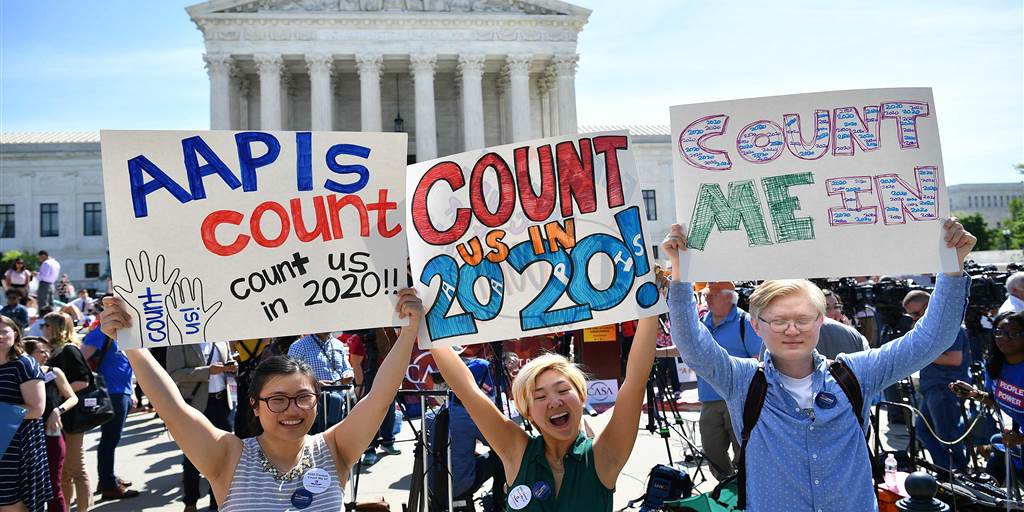By: Pete Williams – nbcnews.com – April 23, 2019
The Supreme Court seemed willing Tuesday to let the Trump administration add a question about citizenship to the 2020 census form that goes to every U.S. household, despite claims from populous states that it would actually make the count less accurate.
Both the government and the challengers agree that adding the question would reduce the census response rate, especially in immigrant communities. But the court’s conservative majority seemed prepared to rule that Commerce Secretary Wilbur Ross acted within his authority to add it because no method is guaranteed to produce an accurate count.
Ross told Congress that the question was added at his direction after he received a letter from the Justice Department saying the citizenship data was needed to properly enforce federal voting laws. Solicitor General Noel Francisco told the court Tuesday that not including the question, and trying to extrapolate the number of citizens and noncitizens by using other government databases, would produce an inaccurate result.
Since it is impossible to say with certainty which method would produce the fewest errors, Ross did not violate the law by opting to include the citizenship question, Francisco said.
“There’s always going to be a trade-off” between information gained and the accuracy of the overall count, he said.
Justice Samuel Alito suggested that he did not think Ross abused his discretion by ordering the question to be added. Both Chief Justice John Roberts and Justice Neil Gorsuch said citizenship questions have been included in the census for most of American history.
A federal judge in New York ruled that Ross’s explanation was a pretext because he actually asked the Justice Department to send a letter requesting the data. Some of the Supreme Court’s more liberal justices were clearly troubled by that fact.
“There needs to be a reason to add the question, and I don’t see any reason,” Justice Elena Kagan said. “It did seem the secretary was shopping for a need.”
A census is required by the Constitution every 10 years, and the results determine the size of the U.S. House of Representatives delegation for each state. Many programs also use the data to calculate the share of federal funds they give to local governments.
Lawyers for 18 states, several of the nation’s largest cities and immigrant rights groups told the court that the citizenship question would make immigrants reluctant to respond to census takers.
Dale Ho of the American Civil Liberties Union said experience from past surveys shows that noncitizens respond inaccurately to the census about a third of the time.
“Adding the question doesn’t help enforcing the Voting Rights Act because people so often lie,” Ho said.
Led by New York, the states opposing the addition of the citizenship question also said Ross’ directive sidestepped the Census Bureau’s longstanding procedures for testing changes to the questionnaire in order to evaluate whether they would lead to an undercount.
Because the citizenship question would depress minority responses, the challengers said, including it on the form would actually produce a less accurate count than leaving it off and using Social Security and IRS data to supplement the information gathered from the census form.
President Donald Trump weighed in on the issue in early April.
“Can you believe that the Radical Left Democrats want to do our new and very important Census Report without the all important Citizenship Question,” Trump wrote on Twitter. “Report would be meaningless and a waste of the $Billions (ridiculous) that it costs to put together!”
The Supreme Court will decide the case by late June.
To see this article, click read more.
Source: Supreme Court appears likely to allow citizenship question in 2020 census
 Listen Online
Listen Online Watch Online
Watch Online Find a Station in Your Area
Find a Station in Your Area








 Listen Now
Listen Now Watch Online
Watch Online
